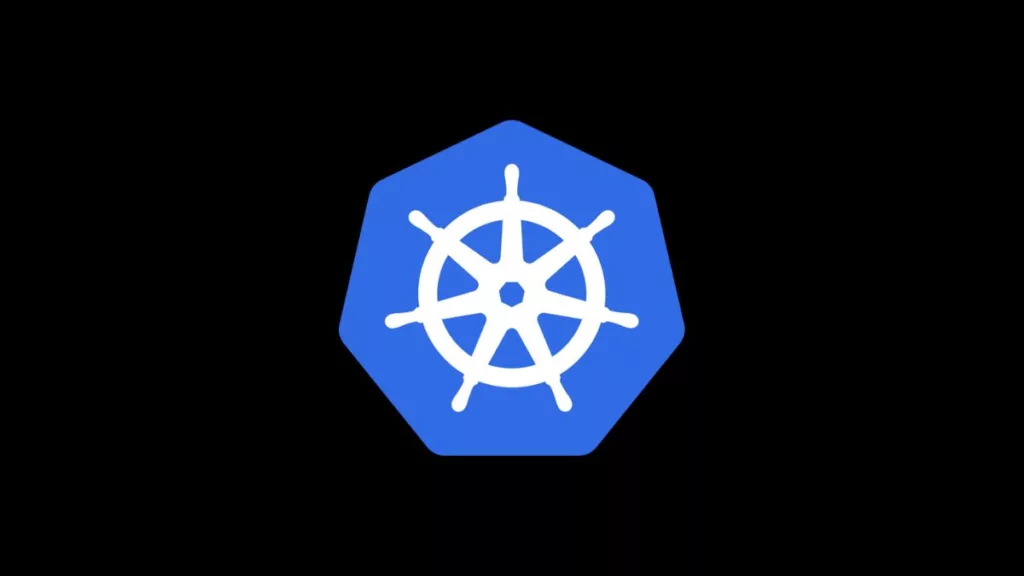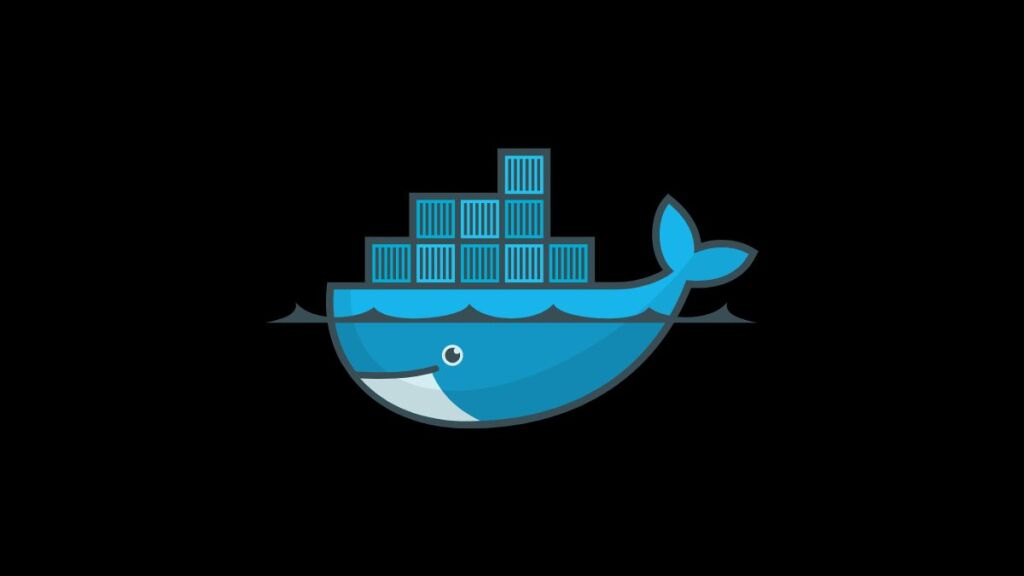Docker Compose is a powerful tool that simplifies the process of defining and running multi-container Docker applications. Developers can easily manage complex container setups by using a YAML file to configure application services, networks, and volumes. However, as your project grows or your deployment needs change, you might seek alternatives that offer additional features, scalability, or compatibility with different environments. This article explores several Docker Compose alternatives, highlighting their key features and use cases.
Kubernetes

Kubernetes is an open-source platform designed to automate deploying, scaling, and operating application containers. It provides robust orchestration capabilities, including service discovery, load balancing, and self-healing.
Key Features:
- High Scalability: Kubernetes can manage large-scale container deployments across a cluster of servers.
- Self-Healing: It automatically restarts failed containers, replaces, and reschedules containers when nodes die.
- Service Discovery and Load Balancing: Kubernetes can expose a container using a DNS name or an IP address. If traffic to a container is high, Kubernetes can load balance and distribute the network traffic.
Use Cases: Ideal for production environments, large-scale applications, and microservices architectures.
Docker Swarm

Docker Swarm provides native clustering functionality for Docker containers, turning a group of Docker engines into a single, virtual Docker engine. It uses the standard Docker API, making it easy to use for those already familiar with Docker.
Key Features:
- Easy to Use: Simple setup process for users familiar with Docker.
- Integrated with Docker: Works seamlessly with existing Docker CLI commands and tools.
- Load Balancing: Automatically distributes container workloads across the cluster.
Use Cases: Suitable for small to medium-sized deployments and users seeking an orchestration solution closely integrated with Docker.
Nomad

Developed by HashiCorp, Nomad is a simple and flexible workload orchestrator that deploys and manages containers and non-containerized applications across on-prem and clouds at scale.
Key Features:
- Flexible Workload Support: Manages containerized, virtualized, and standalone applications.
- High Scalability and Performance: Designed to schedule thousands of jobs across thousands of nodes in milliseconds.
- Simple & Unified Workflow: Uses a single binary and consistent workflow to deploy applications.
Use Cases: Ideal for organizations with a mix of containerized and non-containerized applications and those looking for a simple, unified orchestration tool.
Rancher

Rancher is an open-source platform that provides a complete container management solution, from managing Kubernetes clusters to deploying applications.
Key Features:
- Multi-Cluster Management: Simplifies the management of Kubernetes clusters across on-premises, cloud, and edge environments.
- Integrated Tools: Comes with built-in monitoring, logging, and security tools for Kubernetes.
- Easy to Use UI: Offers an intuitive web interface for managing clusters and deploying applications.
Use Cases: Best for organizations looking for a comprehensive container management platform that supports Kubernetes and simplifies cluster operations.
Portainer

Portainer is a lightweight management UI that allows users to easily manage Docker, Docker Swarm, Kubernetes, and ACI (Azure Container Instances) environments.
Key Features:
- User-Friendly Interface: Simplifies the management of containers, images, networks, and volumes.
- Multi-Environment Support: Manage Docker and Kubernetes environments from a single UI.
- Access Control: Provides detailed access control mechanisms to manage user and team permissions.
Use Cases: Suitable for teams looking for an easy-to-use interface to manage containers and orchestrators without deep command-line knowledge.
Apache Mesos & Marathon

Apache Mesos is a cluster manager that provides efficient resource isolation and sharing across distributed applications or frameworks. Marathon is a framework running on top of Mesos that handles the orchestration of Docker containers. It offers high availability, scaling, and deployment features.
Key Features:
- Fault-Tolerant: Ensures applications are always running, even if some servers fail.
- Scalability: Can scale to thousands of nodes across multiple datacenters.
- Diverse Workload Support: Ideal for both long-running applications and short-lived tasks.
Use Cases: Large-scale container orchestration, particularly suited for enterprises needing to run complex workloads across many servers.
OpenShift

OpenShift, developed by Red Hat, is a Kubernetes-based platform that provides developer and operational-centric tools for developing, deploying, and managing containerized applications.
Key Features:
- Integrated Development Environment: Offers built-in support for CI/CD, source code management, and automated builds.
- Enterprise-Grade Security: Enhanced security features, including Secure and User namespaces.
- Hybrid Cloud Support: Designed to work across on-premise, public, and hybrid cloud environments.
Use Cases: Enterprises looking for a comprehensive platform that supports the entire application development lifecycle, from build to deployment.
ECS (Amazon Elastic Container Service)

Amazon ECS is a fully managed container orchestration service available on AWS. It allows you to run, stop, and manage Docker containers on a cluster of virtual machines.
Key Features:
- Deep AWS Integration: Seamlessly integrates with AWS services like Elastic Load Balancing, VPC, and IAM.
- Managed Service: AWS manages the underlying infrastructure, offering a high level of availability and scalability.
- Task Definitions: Enables you to define tasks through JSON templates, specifying the Docker containers to use, CPU and memory allocations, and more.
Use Cases: AWS users looking for a tightly integrated container management solution without the overhead of managing the orchestration layer.
HashiCorp Consul

While primarily known as a service mesh solution, HashiCorp Consul offers features that facilitate container orchestration, particularly in service discovery and configuration.
Key Features:
- Service Discovery: Automatically detects services running in your cluster and makes them discoverable.
- Health Checking: Monitors the health of services and ensures traffic is only directed to healthy instances.
- Multi-Datacenter: Supports multi-datacenter deployments out of the box.
Use Cases: Ideal for microservices architectures needing robust service discovery and health checking mechanisms.
Cloud Foundry

Cloud Foundry is an open-source platform-as-a-service (PaaS) that allows you to deploy and scale apps quickly. It supports Docker containers and offers a high level of abstraction, focusing on the application rather than the underlying infrastructure.
Key Features:
- Application-Centric: Focuses on managing applications with support for buildpacks and container images.
- Developer Productivity: Simplifies the deployment process, allowing developers to focus on code rather than infrastructure.
- Marketplace for Services: Offers a services marketplace easily integrated into applications.
Use Cases: Developers and organizations looking for a PaaS solution simplifying application deployment and management.
Conclusion
In container orchestration and management, Docker Compose stands out for its user-friendly and uncomplicated approach, especially in development environments. However, as projects grow in size and requirements become more varied, it becomes necessary to explore alternatives to address more complicated deployment scenarios, ensure high availability, and make use of advanced management features. There are a variety of solutions available, ranging from Kubernetes and OpenShift for enterprise-grade orchestration to Docker Swarm and ECS for seamless integration with current Docker workflows and to specialized tools like Apache Mesos, Marathon, and Cloud Foundry. This ensures that there is a tool for every need.
When choosing an orchestration tool, it’s important to carefully consider the scale of your project, the specific features you require, the ecosystem you’re operating in, and the amount of control you want over your deployments. Regardless of whether you’re a small team looking to streamline your development process or a large enterprise aiming for a robust production environment, there are plenty of alternatives to Docker Compose that offer the flexibility and scalability needed to effectively support modern, containerized applications.
The ultimate objective is to choose a platform that not only streamlines container management but also matches your operational goals, improves developer productivity, and seamlessly integrates with your CI/CD pipeline. By meticulously assessing the available options and comprehending the distinct benefits of each, you can establish a robust, effective, and scalable container orchestration strategy that drives your applications and workflows toward the future.
- Car Dealership Tycoon Codes: Free Cash for March 2024 - April 9, 2024
- World Solver - April 9, 2024
- Roblox Game Trello Board Links & Social Links (Discord, YT, Twitter (X)) - April 9, 2024

